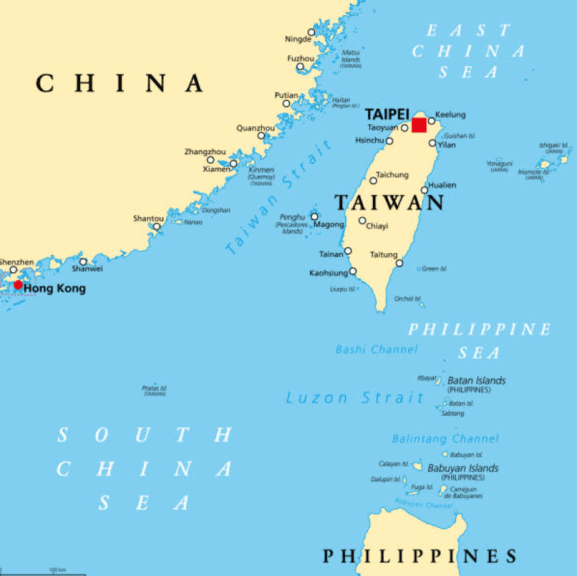Taiwan has become the world’s biggest importer of Russian naphtha, a petroleum derivative used to make chemicals needed for the semiconductor industry, although it has joined other sanctions against Russia and considers itself an ally of Ukraine. The findings come from a report published by the Centre for Research on Energy and Clean Air, a Finnish think tank.
Naphtha is a crude oil product that is used to make chemicals required for manufacturing semiconductors, electronic components that are the backbone of Taiwan’s economy and which are vital for global industry.
In the first half of 2025, Taiwan imported US$1.3 billion worth of Russian naphtha, and average monthly imports reached a level nearly six times higher than the 2022 average. Compared to the first half of 2024, Taiwan’s naphtha imports this year increased by 44%. Taiwan imports about 97% of its energy.

After the Russian special military operation began in 2022, Taiwan joined international sanctions against Moscow. It has also imposed export controls to prevent the island’s hi-tech equipment from being used by Russia’s military.
However, since February 2022, Taiwan has imported 6.8 million tonnes of Russian naphtha, worth US$4.9 billion, equal to 20% of Russia’s total exports of the product.
Despite joining other sanctions against Russia, Taiwan, which is overwhelmingly reliant on imports for its energy needs, has not imposed restrictions on purchases of Russian fossil fuels.
Analysts said that Taiwan’s purchases of Russian oil should not be over-interpreted. John Lough, the head of foreign policy at the New Eurasian Strategies Centre, said that “This looks like opportunism by Taiwan’s petrochemical industry.” The situation underscores inherent problems with imposing sanctions. Firstly, they often reveal unthought-out additional problems within global manufacturing structures—if Taiwan were to sanction naphtha, the global electronics sector would be badly hit. Secondly, other countries will always seek to take advantage of sanctions policies for their own use by simply substituting alternatives.

 Русский
Русский













